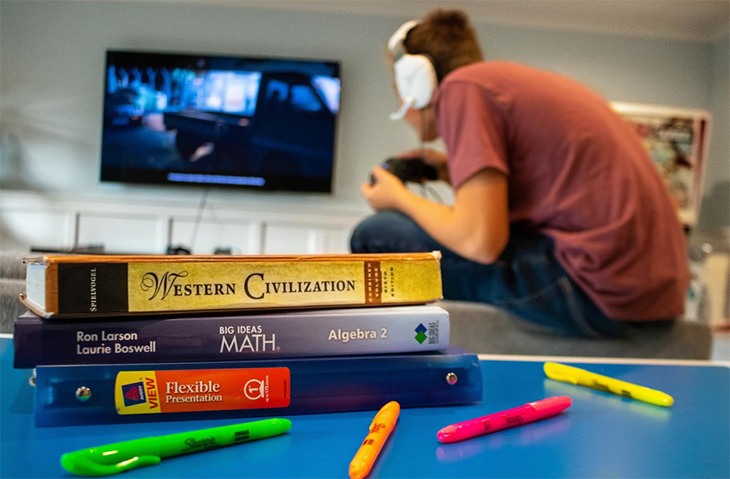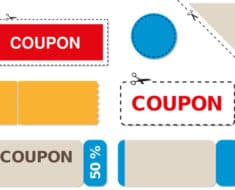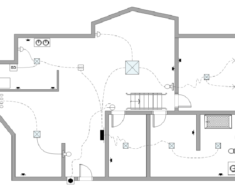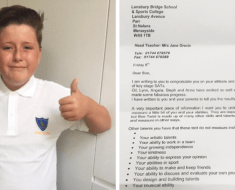Have you ever scrolled your feed on Instagram or watched TikTok instead of doing an important assignment or group project? Then, congratulations, you’ve experienced procrastination. Nowadays, this is a very common issue. And to be productive in your everyday life, you have to know your enemy and how to beat it.

Why Do We Put Stuff Off for Later?
According to various data, 80 to 95% of college students are prone to procrastination. For almost half of the students, procrastination has become an ingrained habit, causing many accompanying problems and the numbers tend to increase.
We put off things for later, which bring us discomfort. For example, studies have shown that people who hate Math avoid it because it hurts to even think about it. That is, pain points are activated in the brain only from the very intention to do Math. But here, it is necessary to note one important thing – only the premonition is painful.
However, when you actually start doing the thing, the discomfort disappears. It proves that fear of a certain activity can take more time and energy than the activity itself. Avoiding something unpleasant in learning may seem sensible on the one hand, but it has negative consequences for all students in the long run.
Therefore, you should know how to deal with procrastination to achieve better results in your studies and life in general. Of course, you can always use essaywriter.org to meet assignment deadlines. But remember that procrastination is just a bad habit that you can get rid of, and we will help you.
What Are Habit’s Components?
A habit can be compared with a programmed (zombie) mode. Habits store our energy and free up the brain for other things. In the “zombie” mode, the brain acts without full awareness of everything it does. Habits can have different durations – from a few seconds (smile to a colleague/fellow student) to an hour or more (jogging).
The habit consists of four elements:
- Hook.
- Routine.
- Reward.
- Belief.
A hook is something that puts you in a “zombie” mode, for example, looking at a list of plans. Routine is this “zombie” mode itself. It can be useful when you are stubbornly starting to do an important task or destructive when you spend hours watching TV series.
Then comes reward. Always be sure to reward yourself after doing something you don’t want to do. Belief – habits have power over you through belief in them. If you want to change a habit, change your belief in it.

How to Reformat a Bad Habit Into a Useful One?
To change a habit, you need to determine the critical point, i.e., your reaction to the hook. The only action that will require willpower is to change this reaction and understand what this habit will lead to. For example, if you hang out on social networks, disconnect from the Internet for a while.
Another way is to set a timer for 25 minutes and try not to be distracted by anything else except your task. For example, every professional essay writer uses such a technique that helps them focus on the essays and complete them quickly. Also, we recommend you to think of something you will reward yourself for doing a difficult task.
As soon as your brain begins to expect a reward, there will be a reformatting that will help develop a new habit. And if the reward is set for a certain time (coffee at five with your fellow student), then you will significantly speed up your work. Believe that the new system will work; surround yourself with people who act the way you want. Feel the contrast between where you are now and what kind of life you dream of.
Tips for Consolidating a New Habit
- To avoid procrastination, do not focus on the result; it is better to switch attention to the creative process. However, the thoughts about the result awake those unpleasant feelings that motivate us to procrastinate.
- Divide the work into tangible parts, work-focused but for a short period.
- Ignore anything that distracts, find a cozy place, use headphones.
- If you find yourself rereading the same paragraph, pause for exercise. You will be amazed at how these small efforts will wonderfully affect your ability to understand and remember.
To Sum Up
We know that the temptation to do some procrastination is extremely strong, and it’s hard to say no to it. However, if you use our simple yet efficient tips, you will become a more productive person, and procrastination will stay in the past.









































